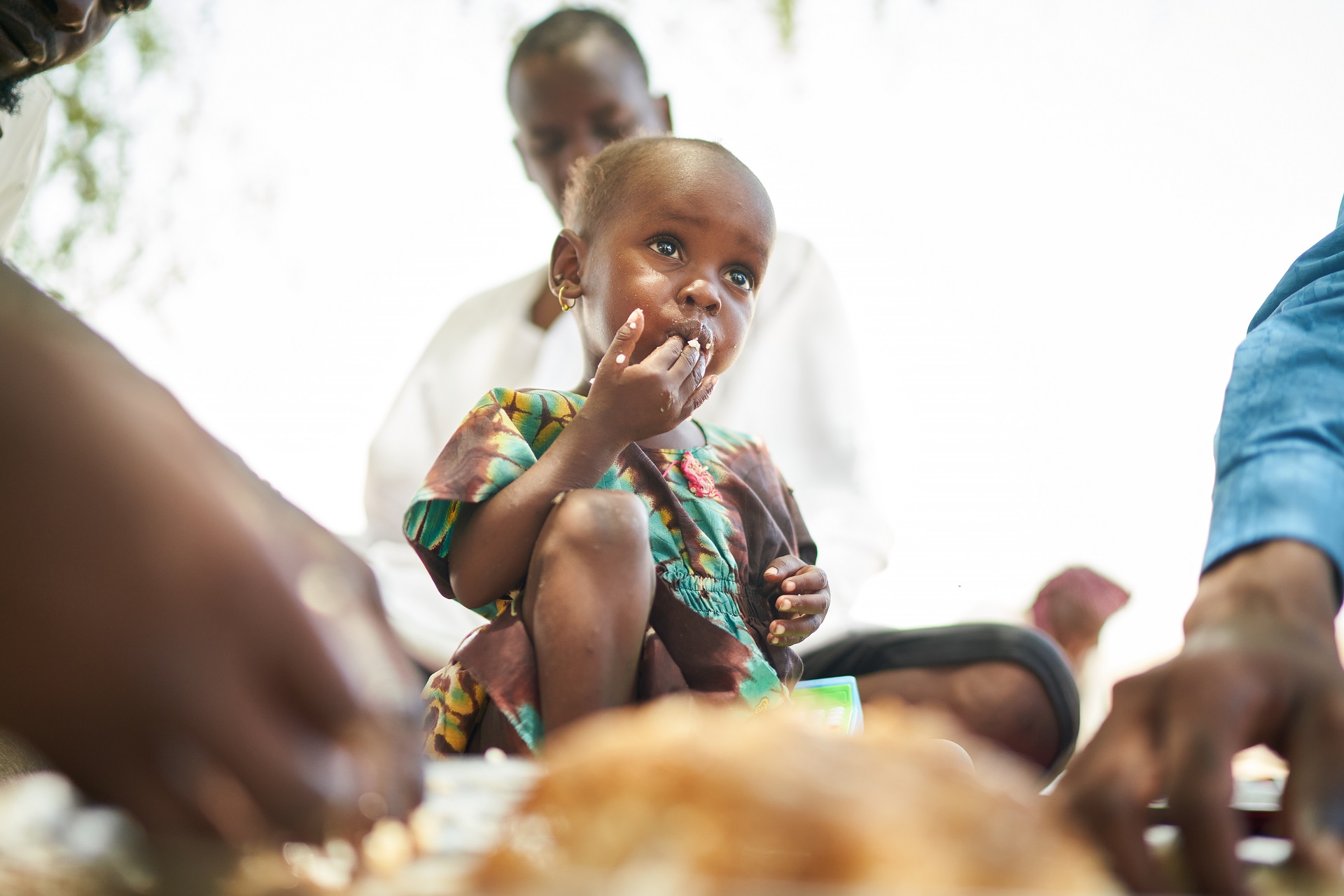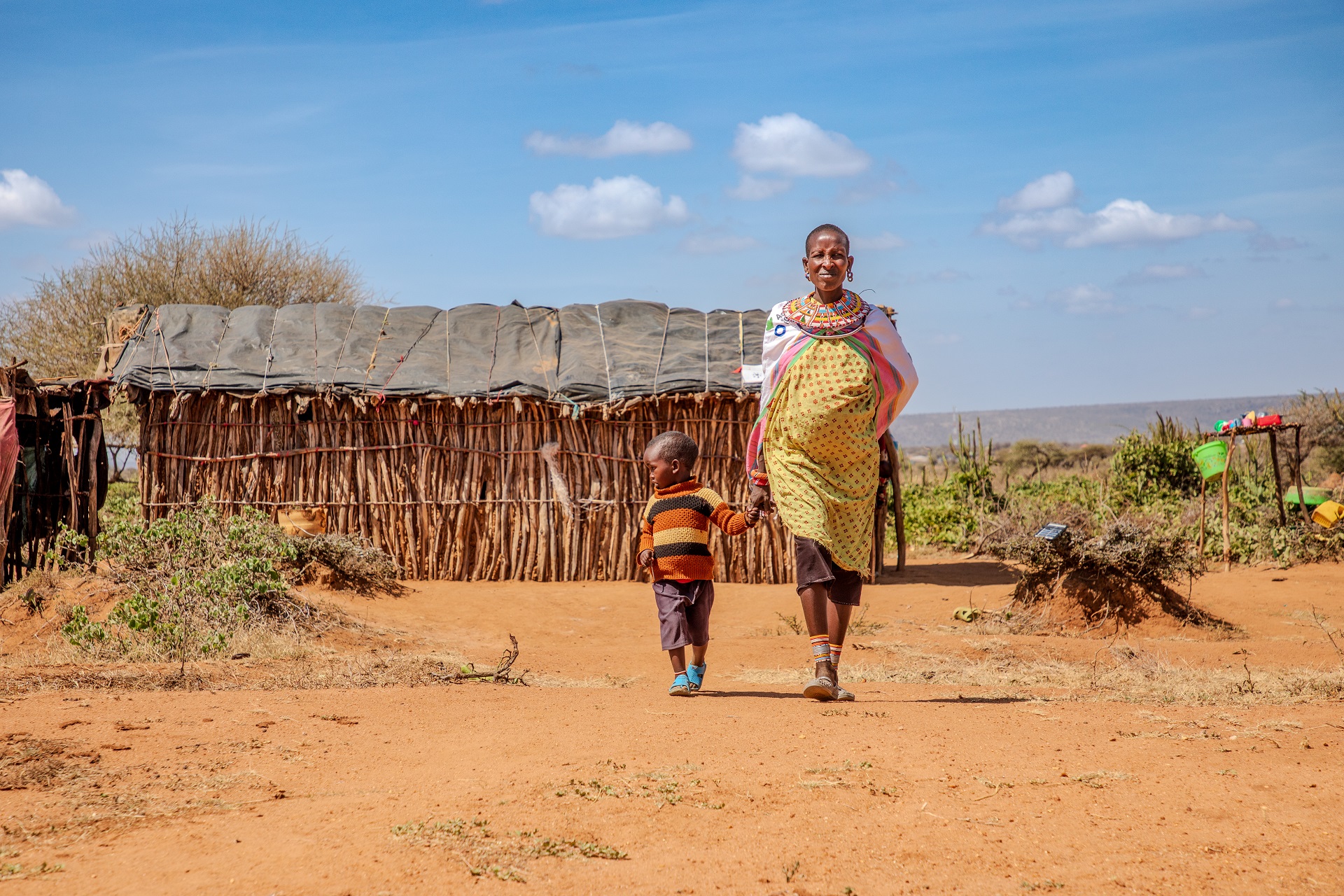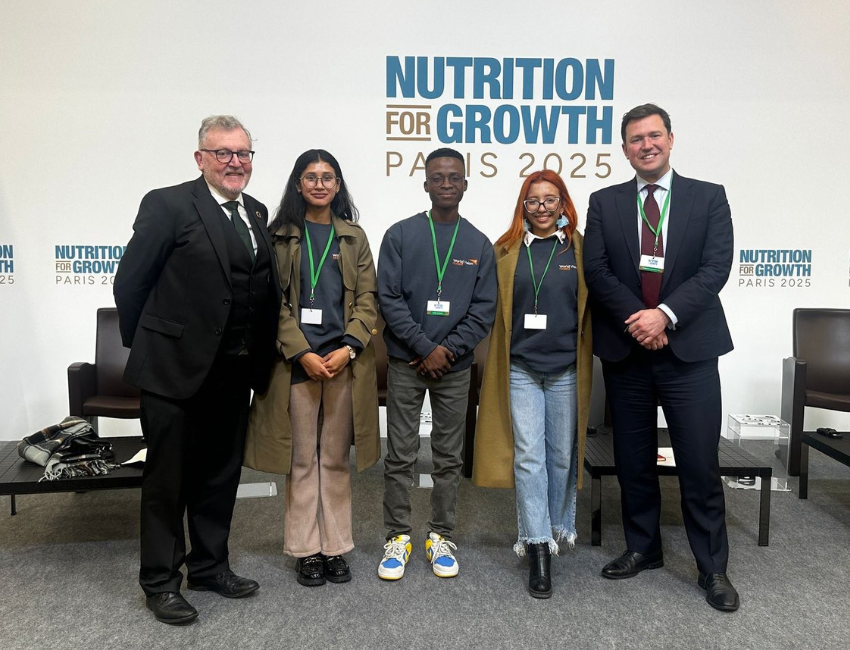A month ago I attended the fourth Nutrition for Growth (N4G) summit in Paris, hosted by President Macron. It was an inspiring few days that brought together world leaders to reaffirm the importance of nutrition initiatives in developing nations, and to pledge action.
The Summit was a great success with nearly $28bn of financial pledges from donors around the world. Sadly though, while the UK played a significant role in the summit – which launched the first ever N4G Summit in 2013 – we made no financial pledge. This is a decision I sincerely hope to see reversed in the coming months following the spending review, before the final deadline to register commitments in June.
The UK has long recognised that nutrition is foundational to development. This is why Minister for International Development, Baroness Chapman, launched a new Global Compact on Nutrition Integration at the summit.
This included a welcome commitment to integrate nutrition across its development and humanitarian work, including supporting nutrition-sensitive interventions in agriculture, health, and education. Yet the absence of a financial commitment was a tangible gap – when so many other countries including France, Germany and Ireland did commit, it was a visible omission.

Koubra, a girl from Chad who recovered from malnutrition thanks to the support of Action Against Hunger. Photo credit: Action Against Hunger/ Christophe da Silva
The need for effective ODA is more urgent than ever
The world is far off-track in meeting the United Nations Sustainable Development Goals (SDGs), including those for nutrition. Nutrition is not a standalone issue – it underpins economic and social progress. A malnourished child is more likely to experience stunting, limiting their educational attainment and ability to live an independent life, and a child lost to hunger represents a lifetime of potential cut short.
Chronic hunger, malnutrition and starvation stifles economic growth, leaving nations unable to develop healthcare and education systems. When people can’t grow or access food, they move – often to other countries and continents – in search of survival and opportunity, and a better chance of providing for their families.
“Despite these growing challenges, the UK’s willingness and capacity to respond is waning. This is in spite of the evidence of how much ODA can achieve.”
What smart ODA looks like
In 2024, I visited Kenya with United Against Malnutrition and Hunger to see UK ODA in action, working through partners such as UNICEF and Action Against Hunger.
In Isiolo province, in the rural north of Kenya that has suffered from a long and severe drought, I saw in-country aid partners delivering life-saving nutrients products to malnourished children, preventing stunting and wasting that could permanently impact their future.

A mother with her child in Isiolo, Kenya. Photo credit: Action Against Hunger/ Abel Gichuru.
In Nairobi, I visited a new facility manufacturing ready to use therapeutic food – essential for treating severely malnourished children. Funded through blended private and UK ODA finance, this innovative ODA will decrease Kenya’s reliance on shipping in this product, increasing their ability to respond to their own internal crises while also delivering sustainable jobs. This is what smart ODA looks like – not “shovelling money to corrupt regimes” as critics claim, but supporting self-sufficiency and reducing long-term reliance on aid.
The government’s decision to cut ODA spending was disappointing, even in the context of necessary increases in defence spending and economic constraints. But with the budget now at 0.3% of GNI, we must ensure that every penny is spent effectively.
The UK has long been a global leader on nutrition. We must pivot the ODA budget back to its core purpose. Using ODA to fund the UK’s immigration system is indefensible. The Labour government has pledged to stop this misuse by improving asylum processing, and reducing asylum hotel stays. This must be accelerated so that funds return to core development programmes.
I hope to see the UK reclaim its role as a global leader on nutrition and work with France and other close allies to find new and innovative ways to fill the gap left by the decisions to reduce direct assistance.
Steve Race is the Labour MP for Exeter and has been an MP continually since 4 July 2024. He’s the Co-Chair of the All-Party Parliamentary Group on Nutrition for Development, which aims to support and challenge the UK government to maintain their leadership on global nutrition.


